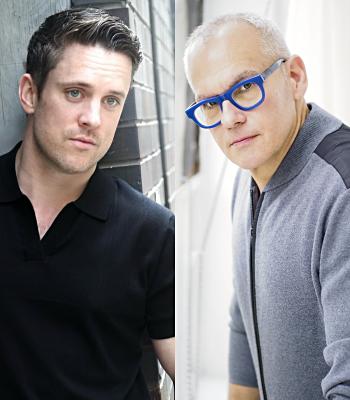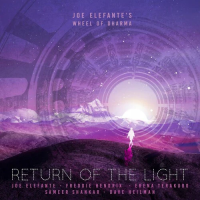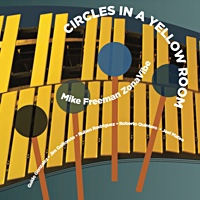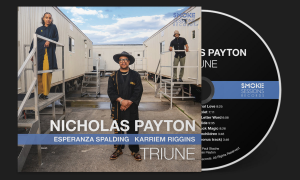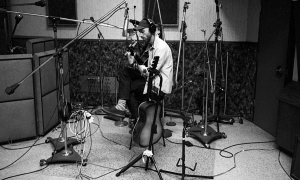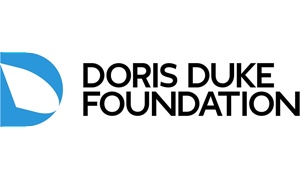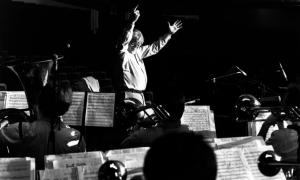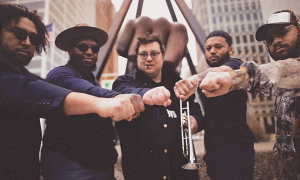After all, TV did it. Not only that, cable often runs ads and collects subscription fees at the same time, though of course, that party is dying down. But what about radio? Can this format break these advertising chains?
Of course there's Sirius, which has over 20 million subscribersand ranks among the largest entertainment subscription services in the world. But the financials always seem so shaky at Sirius, especially with desperate mergers, mega-losses, and near-bankruptcies dotting the history.
And, when it boils down to it, most radio listening happens the old-fashioned way. Over-the-air from a tower, with lots of ads and interruptions, and that goes for HD Radio replacements as well. Even Pandora—arguably a replacement—features an experience that is increasingly populated with intrusive audio inserts and overlays.
Turns out that everyone's got bills, and that's okay. But is advertising just part of radio's DNA, and boiled into the listeners' expectations? Or, is there a case for a long-lasting, premium model that will still be around ten years from now?
Pandora is making some progress on its $36-a-year, premium option, and the platform enjoys an enviable footprint on smartphones and the iPad. Pandora's subscription percentages are in the teens, hardly a number to sneeze at, though lots of ads could potentially 'annoy' consumers into paying (let's see).
There are other ideas to consider. Slacker has gained some traction bundling its app into carrier decks, though the app space today is far less carrier dependent. Then there's the concept from Earbits (earbits.com), which is just getting started with funding from former Lala CEO Geoff Ralston, Charles River Ventures, and Y Combinator.
This sort of feels like the thumbs-up, thumbs-down environmentof Pandora, though Earbits CEO Joey Flores wants to skip ads and subscription upsells entirely. Instead, the vision is to create a platform that artists, labels, and concert promoters use to reach super-targeted fans. That's an approach that “doesn't annoy listeners," according to Flores, while going “far beyond providing exposure" in the typical sense. “We provide the opportunity for each client to promote whatever they want during their airtime (within reason), and we will provide geo-targeting, plug-and-play promotions such as Enter to Win sweepstakes, Refer-A-Friend reward promotions and more," Flores shared with Digital Music News.
The rest is top secret, but you'll definitely be hearing more from these guys in the near future.
Of course there's Sirius, which has over 20 million subscribersand ranks among the largest entertainment subscription services in the world. But the financials always seem so shaky at Sirius, especially with desperate mergers, mega-losses, and near-bankruptcies dotting the history.
And, when it boils down to it, most radio listening happens the old-fashioned way. Over-the-air from a tower, with lots of ads and interruptions, and that goes for HD Radio replacements as well. Even Pandora—arguably a replacement—features an experience that is increasingly populated with intrusive audio inserts and overlays.
Turns out that everyone's got bills, and that's okay. But is advertising just part of radio's DNA, and boiled into the listeners' expectations? Or, is there a case for a long-lasting, premium model that will still be around ten years from now?
Pandora is making some progress on its $36-a-year, premium option, and the platform enjoys an enviable footprint on smartphones and the iPad. Pandora's subscription percentages are in the teens, hardly a number to sneeze at, though lots of ads could potentially 'annoy' consumers into paying (let's see).
There are other ideas to consider. Slacker has gained some traction bundling its app into carrier decks, though the app space today is far less carrier dependent. Then there's the concept from Earbits (earbits.com), which is just getting started with funding from former Lala CEO Geoff Ralston, Charles River Ventures, and Y Combinator.
This sort of feels like the thumbs-up, thumbs-down environmentof Pandora, though Earbits CEO Joey Flores wants to skip ads and subscription upsells entirely. Instead, the vision is to create a platform that artists, labels, and concert promoters use to reach super-targeted fans. That's an approach that “doesn't annoy listeners," according to Flores, while going “far beyond providing exposure" in the typical sense. “We provide the opportunity for each client to promote whatever they want during their airtime (within reason), and we will provide geo-targeting, plug-and-play promotions such as Enter to Win sweepstakes, Refer-A-Friend reward promotions and more," Flores shared with Digital Music News.
The rest is top secret, but you'll definitely be hearing more from these guys in the near future.





